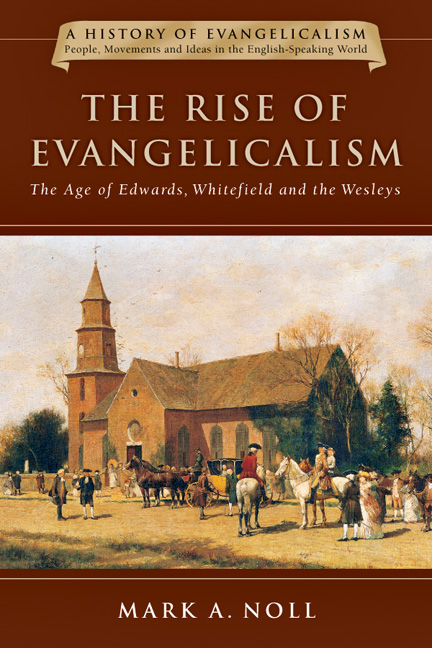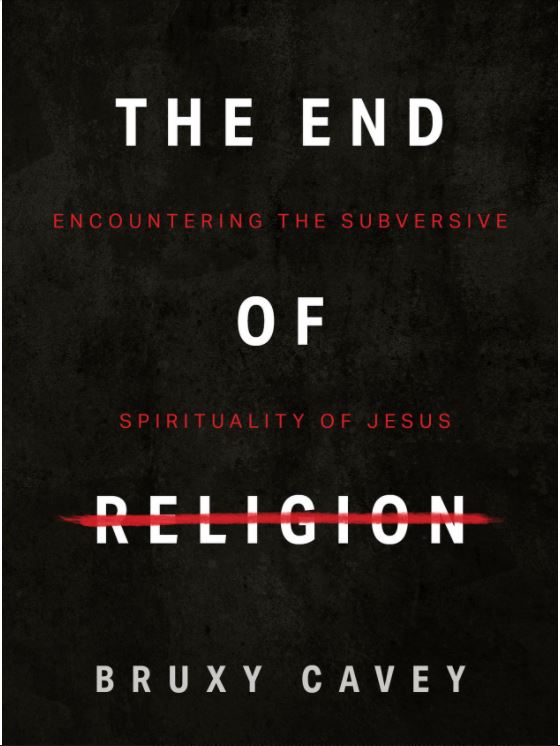American Evangelicalism Introduction
 The term “evangelical” seems to have originated in the late 18th century to describe a movement in Christianity away from ritual observance towards a pietistic devotion to discipleship and holiness, where positive social action flowed as works of righteousness associated with practice of the “holy life.” Some of the outstanding leaders of the time were John Wesley, George Whitefield, Jonathan Edwards, and William Wilberforce.
The term “evangelical” seems to have originated in the late 18th century to describe a movement in Christianity away from ritual observance towards a pietistic devotion to discipleship and holiness, where positive social action flowed as works of righteousness associated with practice of the “holy life.” Some of the outstanding leaders of the time were John Wesley, George Whitefield, Jonathan Edwards, and William Wilberforce.
The term became popular again in the 1950s when it was chosen to label a more inclusive approach to biblical Christianity in contrast to the narrowness and rigidity of fundamentalism. Christianity Today became the mouthpiece of the New Evangelicalism, and its development was nurtured by editors Carl Henry and Dr. Nelson Bell, (father-in-law of Billy Graham and former Presbyterian China missionary).
By 1974 there were reasons to reflect on the rise of the Evangelicalism Movement as an international force. The Lausanne Conference that year drew hundreds of representatives from around the world. A statement, known as the Covenant, attempted to lay out the essentials of the evangelical faith, and give it some coherence. The force behind much of this was the personality of a British Evangelical by the name of John Stott, Rector of All Saints Anglican Church in central London.
Other influences have emerged since that time, including something known as the Moral Majority and related attempts to galvanize fundamentalist and evangelical Christianity into an effective political force. There is more to this analysis, of course, including the longstanding political orientations of Black evangelical churches as opposed to the more recently-active White churches. Other threads defining evolution of evangelicalism include the degrees to which activism has replaced pietism, the shifting focus and preoccupation with political interests and causes, and the difficulties of maintaining a sense of Christian unity in the face of divisive forces.
 There is growing cynicism emerging with this shifting landscape. With a narrowing of focus for Christian impact (e.g., politics) and a narrowing of focus on causes worthy of support (e.g., abortion), there has been a broad-scale reaction against Evangelicals and, unfortunately, of Christianity in general. One aspect of this is the phenomenon of “de-conversion,” the public announcement of a rejection of a prior Christian faith. One pollster claims the number of people in America declaring “de-conversion” was now outstripping those declaring “conversion” by a margin of 4:1 (due, in no small part, to the attempted marriage of White Evangelicalism with an increasingly volatile Republican Party).
There is growing cynicism emerging with this shifting landscape. With a narrowing of focus for Christian impact (e.g., politics) and a narrowing of focus on causes worthy of support (e.g., abortion), there has been a broad-scale reaction against Evangelicals and, unfortunately, of Christianity in general. One aspect of this is the phenomenon of “de-conversion,” the public announcement of a rejection of a prior Christian faith. One pollster claims the number of people in America declaring “de-conversion” was now outstripping those declaring “conversion” by a margin of 4:1 (due, in no small part, to the attempted marriage of White Evangelicalism with an increasingly volatile Republican Party).
One effect of this reaction is a frustration with “religion.” Perhaps surprising to non-believers is the frequency in which Christian teachers/authors draw a distinction between being a Christ-Follower and what has historically been described as Christian Religion. It causes one to reflect more deeply on what the essentials of sound biblical teachings should be and the meaning of being a faithful disciple of Jesus Christ.
Online References…
First published: 2021/09/22
Latest revision: 2021/09/25